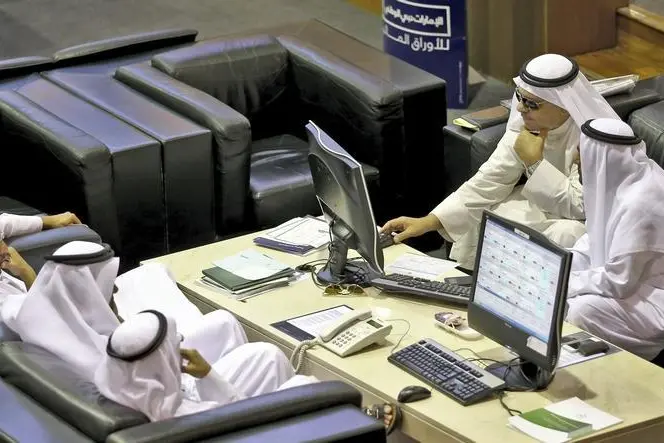PHOTO
100 food items, education and healthcare to be exempted from value added tax
Dubai: The UAE will implement value added tax (VAT) at the rate of five per cent from January 1, 2018, said Obaid Humaid Al Tayer, UAE Minister of State for Financial Affairs.
The minister was speaking to reporters after a joint press conference on Wednesday with Christine Lagarde, Managing Director of the International Monetary Fund (IMF), in Dubai.
GCC countries have recently agreed that they will introduce VAT at a rate of five per cent in 2018. The framework agreement on the implementation of VAT across the GCC is expected in June this year.
"Once the framework agreement on implementation of VAT is reached, GCC countries have time from January 1, 2018 to January 1, 2019 to implement VAT," said Al Tayer.
The minister said each country has the flexibility to introduce VAT within this time frame. "A lot of ground work needs to be done before implementing VAT. The private sector will need time to prepare for complying with tax rules that is the reason we are giving enough time for all," said Al Tayer.
The UAE will impose five per cent VAT while exempting 100 food items, healthcare and education. In the first year, the country is expected to generate Dh12 billion from tax revenue.
GCC countries have decided to implement taxation as part of governments' efforts to diversify revenues in the context of sharp decline in oil prices.
The IMF has been recommending fiscal consolidation in the GCC through diversification of government revenues and reduction of subsidies.
Lagarde, who came to the UAE to participate in Arab Fiscal Forum held in Abu Dhabi earlier this week, said the region needs to adjust its fiscal affair to the new reality of low oil price.
Introduction of taxation in a region that is used to subsidies and absence of any tax require lots of preparation. "It is time people are made to understand that public services need to be priced. Options are limited for governments. Either a viable pricing mechanism needs be implemented to fund public services or governments can resort to big borrowings, which is not sustainable in the long term," said Lagarde.
The IMF official said indirect taxation in the form of VAT in low single digits is the most viable option for GCC states in the first stage of taxation as implementation of direct taxes require a fairly well developed institutional framework.
"Even with a low tax rate of five per cent, with the introduction of VAT, it will not be difficult for GCC states to generate tax revenues up to two per cent to gross domestic product," said Lagarde.
Compared to VAT, corporate income tax (CIT) is more likely to act as a disincentive to businesses considering investment in the region and more negatively impact GDP growth. A personal income tax presents an obvious challenge to the tax-free branding that has served the region so well in the past.
"Implementation of corporate income tax is not on our immediate agenda. We will study the impact of direct taxation on competitiveness before introducing such taxes," said Al Tayer.
Commenting on the preparedness of the UAE to deal with the current low oil price environment, Lagarde said the country's efforts to diversify its economy away from oil and its efforts to develop a knowledge based economy will make it less susceptible to oil price cycles.
© Gulf News 2016





















